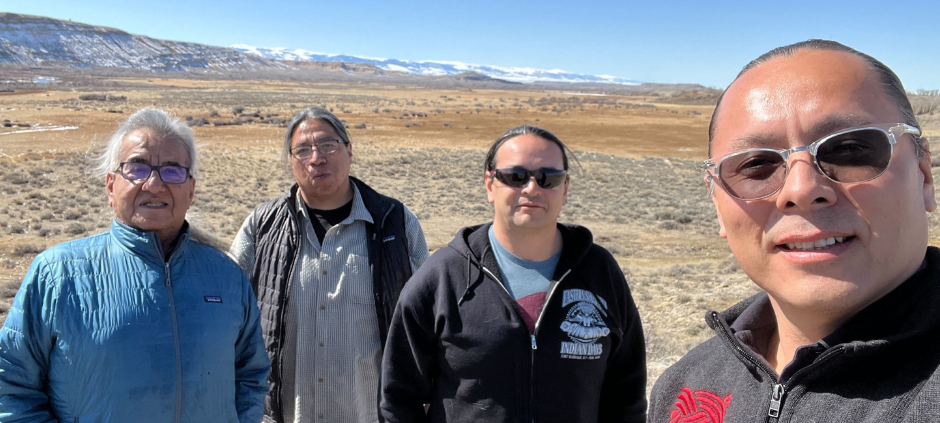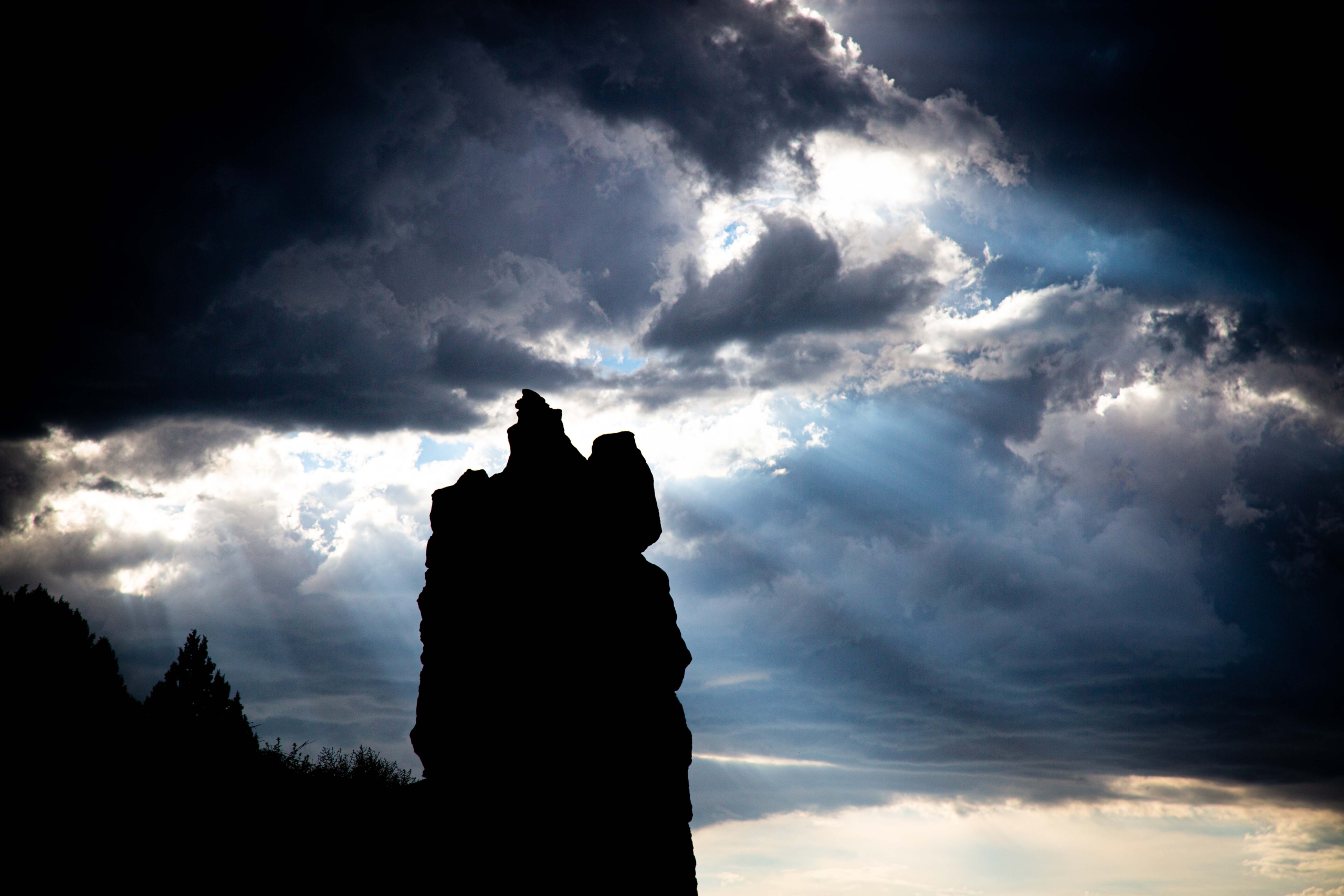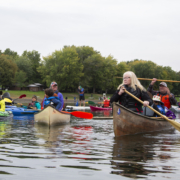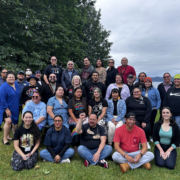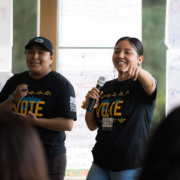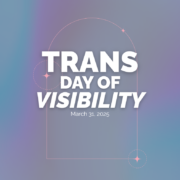NOA’s Recent Trip to Wind River
The Native Organizers Alliance Training Team recently traveled to Wind River Indian Reservation to conduct a pre-training visit in preparation for the upcoming May training session in partnership with the Greater Yellowstone Coalition. This visit is an integral part of our protocol, aimed at engaging with the community to better understand local issues and how we can tailor our training to meet the specific needs of the community.
Judith Le Blanc (Caddo) and Lonnie Provost (Dakota) have worked with Wes Martel at the Greater Yellowstone Coalition for numerous years on issues around water and land protections, Tribal sovereignty, and allowing Native voices to have a say in National Parks such as Yellowstone National Park.
Last November, Wes reached out to NOA. He updated the team about the Pilot Butte Conveyance Act that was being introduced by Wyoming Senator John Barrasso. The community formed a coalition to address the issue and organized meetings and protests at Senator Barrasso’s office.
The visit yielded valuable insights into the dynamics of the unique ecosystem, culture and protocols of the Wind River community. Feedback from local community members highlighted the importance of incorporating treaties, sovereignty, Tribal governance, advocacy and organizing tools into our training.

The team also learned about the significance of buffalo in Eastern Shoshone and Northern Arapahoe culture, emphasizing the need for a respectful and informed approach to conservation that honors traditional practices. This aligns with our commitment to ecological efforts but also acknowledges the cultural identity of the community.
These upcoming trainings, starting with the first later this month, will be a series of trainings that Native Organizers Alliance will hold in partnership with the Greater Yellowstone Coalition and the community on Wind River Indian Reservation to further support the community’s efforts to organize.
This pre-training site visit was a crucial step in building trust and understanding with the Wind River community. Moving forward, it is essential that we integrate the feedback and perspectives gathered during this visit into the training. By doing so, we can ensure that our initiatives not only support ecological objectives but also empower indigenous voices and enhance cultural resilience.

